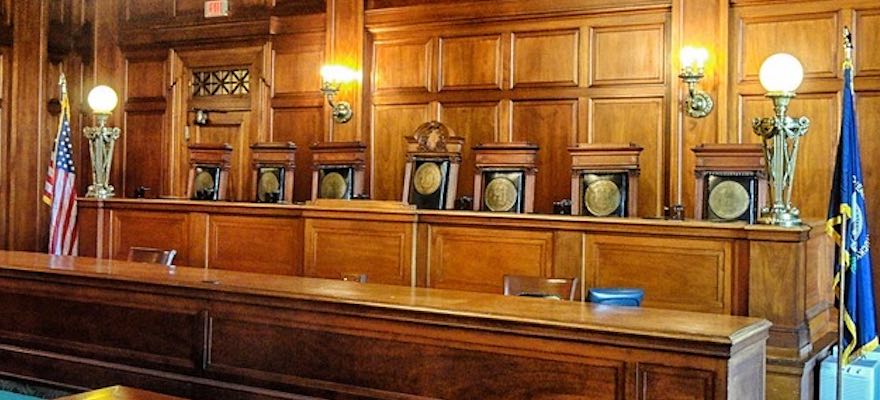The District Court for the Southern District of New York has ruled in favor of the SEC, denying the request by Telegram to allow the messaging giant to distribute its GRAM tokens to non-US investors.
After several days of back and forth, during which the cryptocurrency community speculated regarding the potential outcome of the conflict, the court order gets in line with the SEC’s key arguments. The rejection centered around the same claims that supported the preliminary injunction, including whether Telegram could flood United States markets with billions of Grams and if the token itself is a “security” and, if so, would the planned distribution violate the federal securities laws.
The judge also stressed that the entire scheme that comprised the purchase agreements and Telegram’s subsequent actions are the central points of the court’s opinion and order, not only the initial buyers or Gram distribution. The court also finds that the resale of Grams into the secondary public market would be an integral part of the scheme that involves US purchasers and thus likely to satisfy Morrison’s transactional test.
The SEC alleges that Telegram has taken steps to complete a public distribution of Grams with the initial investors serving merely as middlemen or distributors of Grams to the general public.
Too late to challenge, says court
As per the court’s filing, Telegram proposed for the first time to apply safeguards to avert involving US retail investors when early token holders decide to resale their Grams in the future. The issuer suggested to impose contractual prohibitions to current purchasers and configuring the TON wallet to preclude US-based addresses.
There are several problems with this proposal, said the court. First, Telegram didn’t examine the legality of its proposed restrictions given the purchase agreements were actually signed two years ago. Second, these limitations go against TON Blockchain ’s granted anonymity to Grams buyers and sellers.
“Therefore, any restriction as to whom a foreign Initial Purchaser could resell Grams would be of doubtful real-world enforceability. As to the TON Wallet, Telegram maintains that the TON Wallet is distinct from the TON Blockchain and is a useful but non-essential feature,” it concludes.
Finally, the court has denied Telegram’s request for clarification, adding that the SEC’s overarching arguments and ban scope were known to Telegram since October 11, 2019. Despite that, Telegram, until last week, didn’t oppose the form of the injunction and never cited the Morrison case.
The language, including a prohibition on “delivering Grams to any person or entity or taking any other steps to effect any unregistered offer or sale of Grams,” has been in the SEC’s motion since its inception,” it further explains.
Citing the Supreme Court’s decision on the extraterritorial application of the US federal securities law, Telegram said over 70% of its ICO funds was raised through Purchase Agreements with foreign investors. Under this reasoning, Gram issuer has once again questioned the SEC’s oversight authority since it has entered into these agreements with non-US parties outside of the United States through contracts containing foreign choice-of-law provisions.

















